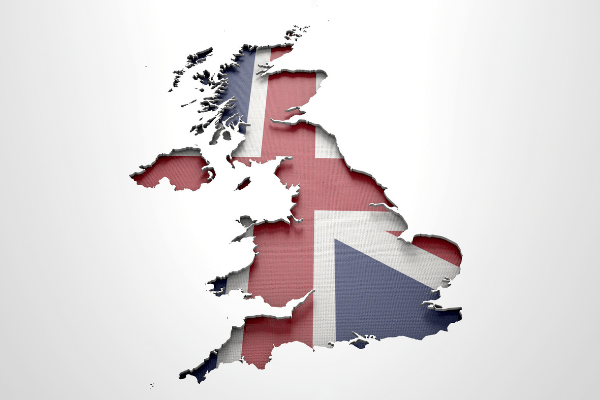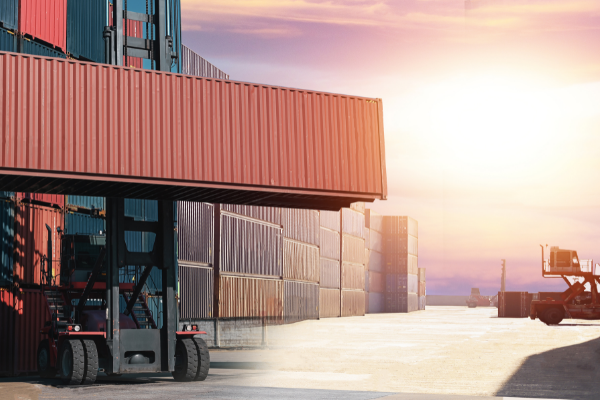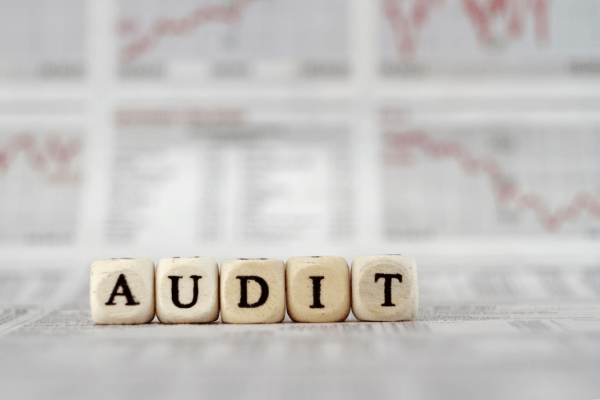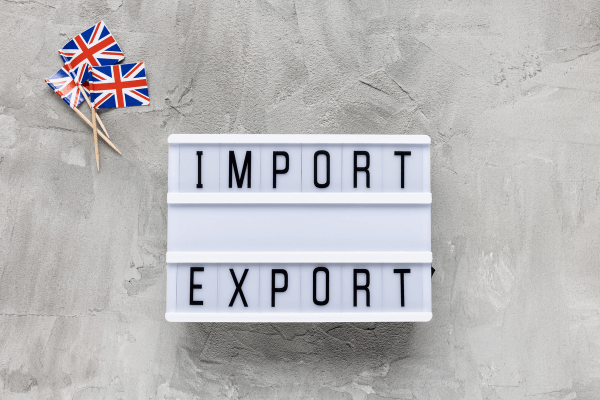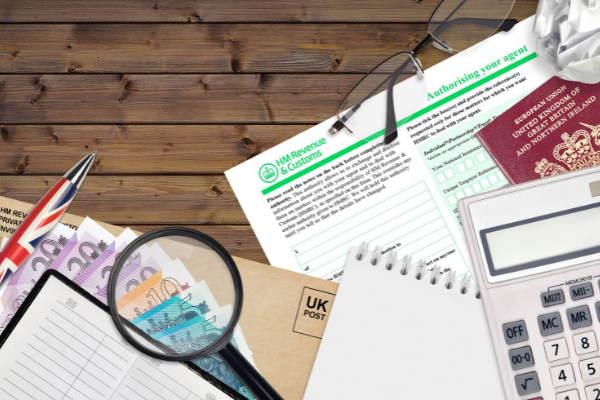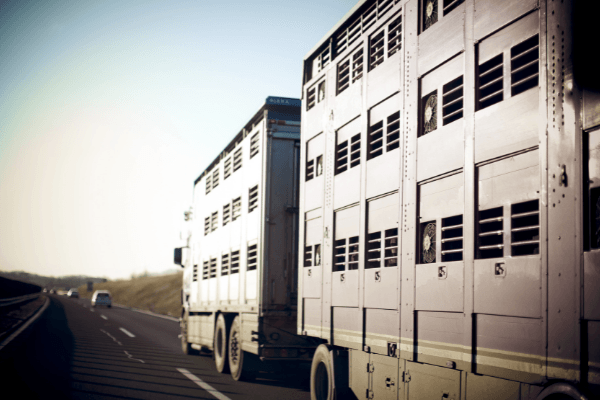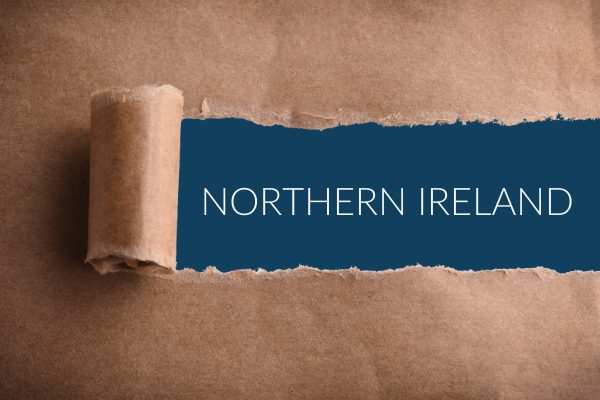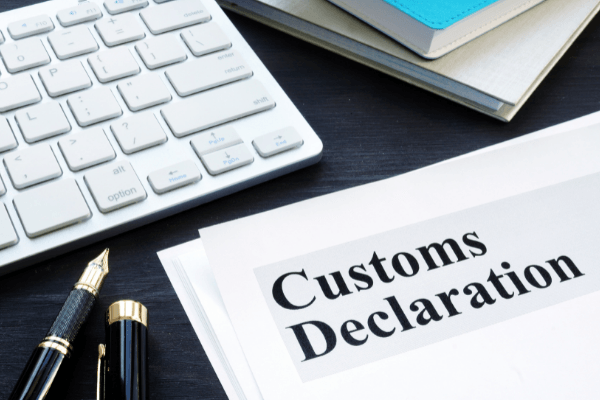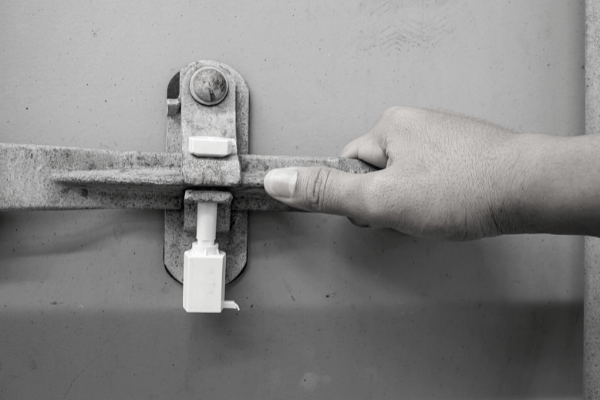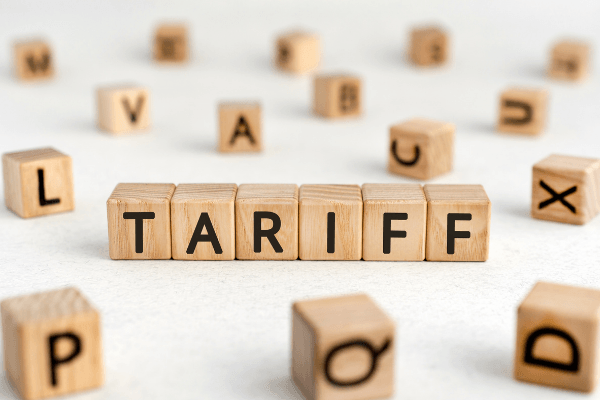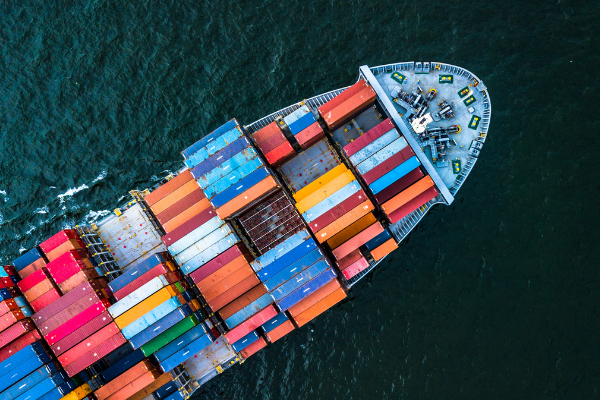Import Procedures
S&H Core Courses
Our full day and 2-day S&H favourites are here to deliver a broader knowledge on either a more advanced subject or coveringan a range of subjects at a beginner level. These full day courses are always hosted live, to allow for interaction and questions, they can be held face to face or in a virtual classroom environment.
Focus On Courses
Channelling our expert knowledge on a specific subject to deliver a in-depth training session. These half and full day training courses are aimed at delegates with a basic understanding of customs procedures and international trade.
Technical Workshops
Are you looking to learn a particular skill? Our technical workshops cover a range of topics and aim to enable the delegates to come away with a practical skill, such as how to complete an export entry or knowing how to classify goods. You can expect to spend some time in breakout rooms when learning in the virtual classroom to work on practical examples of what has been covered in the presentation.
Face to Face Courses
All of our Face to Face training courses are delivered in a Covid-19 secure training room. The safety of our trainers & clients is of upmost importance to us. Our Face to Face courses will be limited to a maximum of 10 delegates.
About Our Courses
Covering all aspects of the import process, these courses range from the simple basics of how to complete an import customs declaration, to a more detailed look at the HMRC CHIEF computer system and its replacement, the Customs Declaration Service (CDS), right through to comprehensive in-depth workshops, dealing with the subject of import procedures.
Don't forget that Strong and Herd can also provide you with bespoke in-house training to suit your specific training needs. Simply contact us to discuss your complete requirements.


